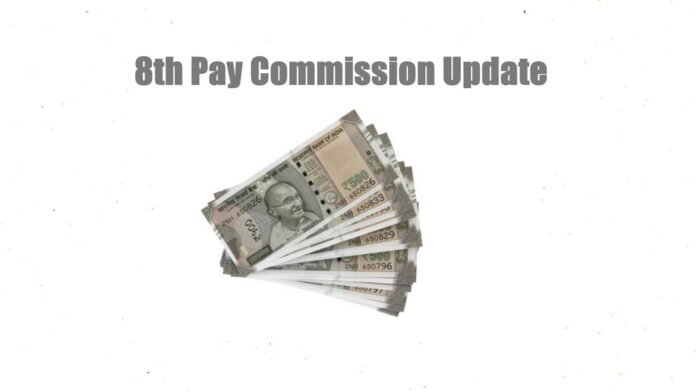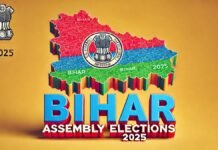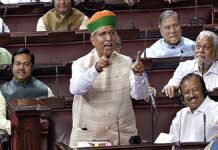
Key Points:
- Central government approved 8th Pay Commission formation in January 2025, benefiting over 1 crore employees and pensioners
- Official notification expected by November 2025 as 7th Pay Commission expires on December 31, 2025
- Implementation scheduled for January 1, 2026, with full rollout and arrears by 2028
- Minimum basic pay expected to increase from ₹18,000 to ₹41,000 a 34% hike
- Fitment factor projected between 1.83 and 2.46, significantly impacting salary calculations
- Government actively reviewing suggestions from states and departments for commission rules
- Dearness Allowance (DA) at 58% will be merged with basic pay and reset to zero from January 2026
New Delhi: The Union Cabinet approved the formation of the 8th Central Pay Commission (CPC) on January 16, 2025, following the traditional 10-year gap between pay revisions. However, nearly 10 months later, the government has yet to announce committee members or issue an official notification. Minister of State for Finance Pankaj Chaudhary informed Parliament that the government is working expeditiously on this matter and will issue the notification “in due course”. According to recent media reports and official statements, the notification is likely to be released by November 2025, as the 7th Pay Commission’s term expires on December 31, 2025.
Expected Salary Revisions
The 8th Pay Commission promises substantial financial relief for approximately 48.62 lakh active central government employees and 67.85 lakh pensioners. The minimum basic salary is projected to jump from the current ₹18,000 to ₹41,000, representing a 34.1% increase. This revision will be achieved through a fitment factor ranging between 1.83 and 2.46, with some estimates suggesting it could reach 2.28 or even higher. The fitment factor serves as a multiplier that determines the revised basic pay by converting existing salary structures under the 7th Pay Commission.
Under the new structure, allowances, including Dearness Allowance (DA), House Rent Allowance (HRA), and Travel Allowance (TA), will be recalculated based on the updated basic pay. The current DA, which stands at 58% as of October 2025 and is projected to reach 60.61% by January 2026, will be merged with basic pay and subsequently reset to zero. This merger follows the precedent set during the 5th and 6th Pay Commissions when DA exceeded 50%.
Implementation Schedule
The 8th Pay Commission is scheduled for implementation from January 1, 2026, marking exactly a decade since the 7th Pay Commission came into effect. However, based on historical precedents, the complete process typically takes 2 to 3 years. The commission is expected to submit its comprehensive report by mid-2027, following detailed reviews of economic parameters, productivity factors, and inflation patterns. Full implementation with retrospective arrears is likely to be completed by 2028.
Pension Benefits
Retired government employees will also receive substantial benefits from the 8th Pay Commission. With the proposed fitment factor of 2.28, the minimum pension is expected to increase from the current ₹9,000 to approximately ₹20,500. The pension formula will be adjusted to align with new pay levels, ensuring parity between serving and retired officials. This revision aims to improve the financial stability of senior citizens who have served the government.
Arrears and Compensation
Government employees will not face any financial loss during the transition period between the formation and full implementation of the 8th Pay Commission. All salary increases accumulated during the 2-3 year implementation phase will be provided retrospectively in the form of arrears. If the commission is implemented from January 2026 as planned, employees could receive up to two years of arrears representing the difference between the revised and existing pay structures when the final rollout occurs in 2028.
Government’s Current Status
The central government is currently engaged in formulating comprehensive rules and regulations for the 8th Pay Commission. Officials are reviewing suggestions received from state governments, the Finance Department, and various other departments to ensure the commission addresses all stakeholder concerns. Union Minister of Information & Broadcasting Ashwini Vaishnav had earlier announced that the government was actively discussing the 8th Pay Commission and promised implementation by January 2026. The government recognizes that this revision is crucial for maintaining salary parity with inflation trends and motivating workforce productivity.





















































